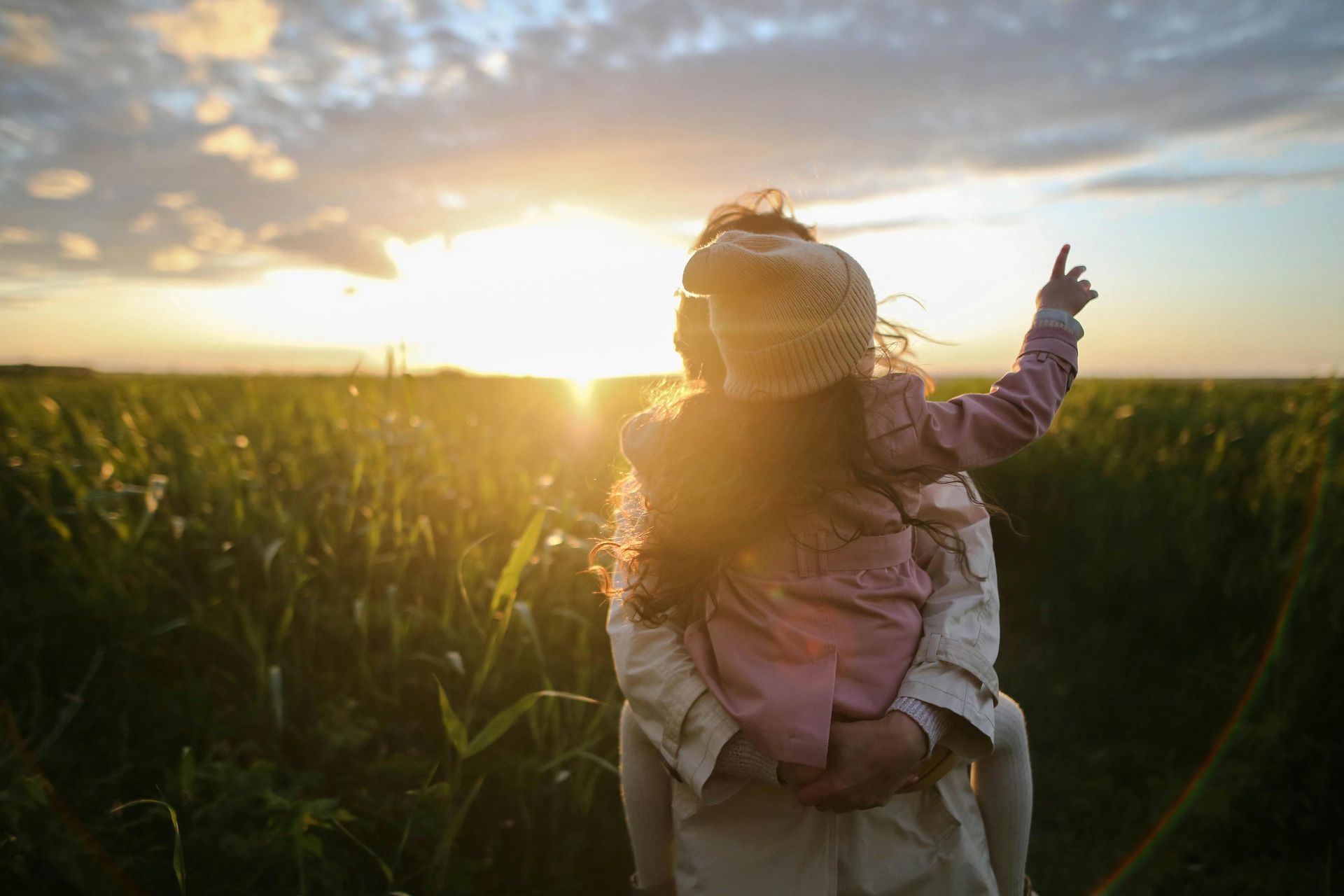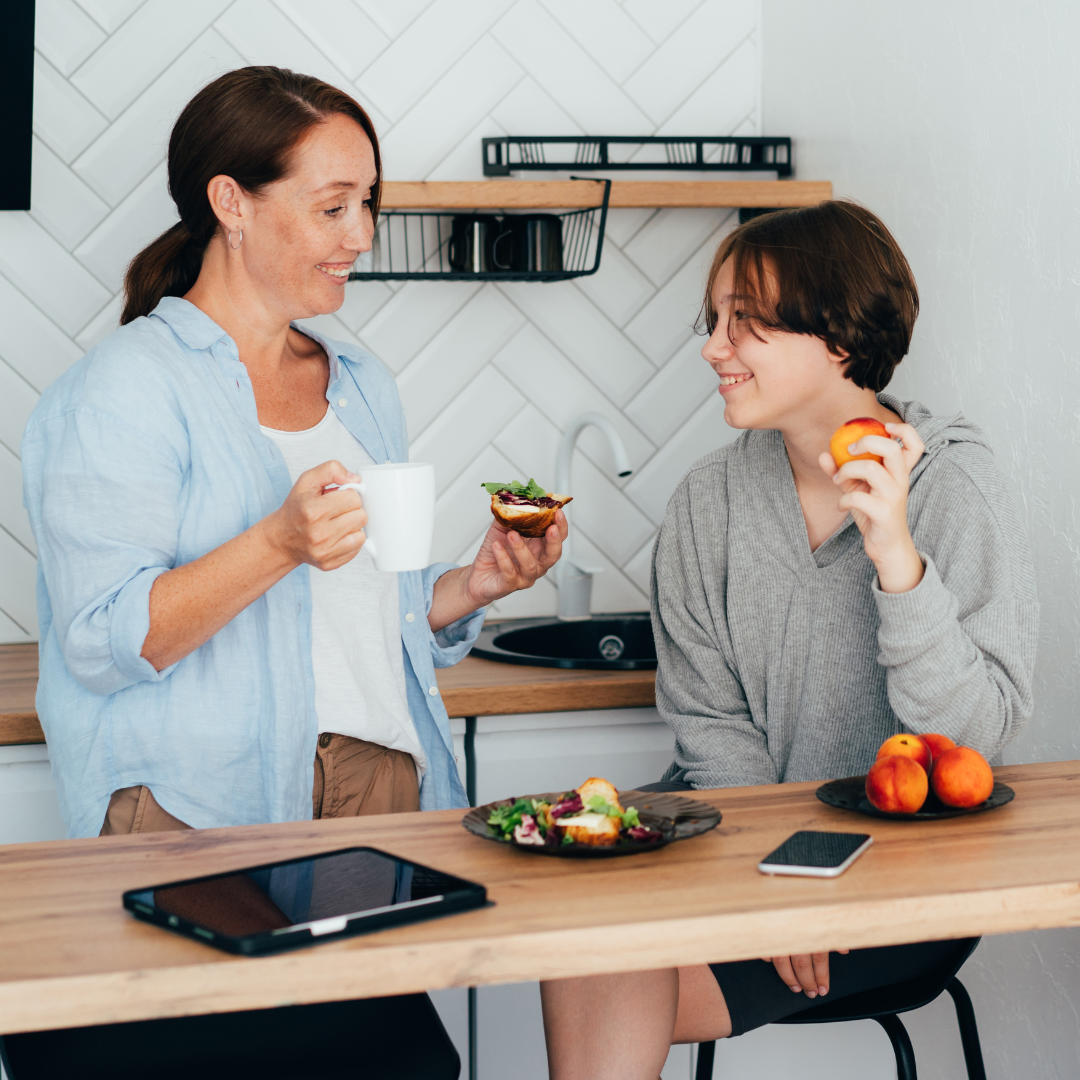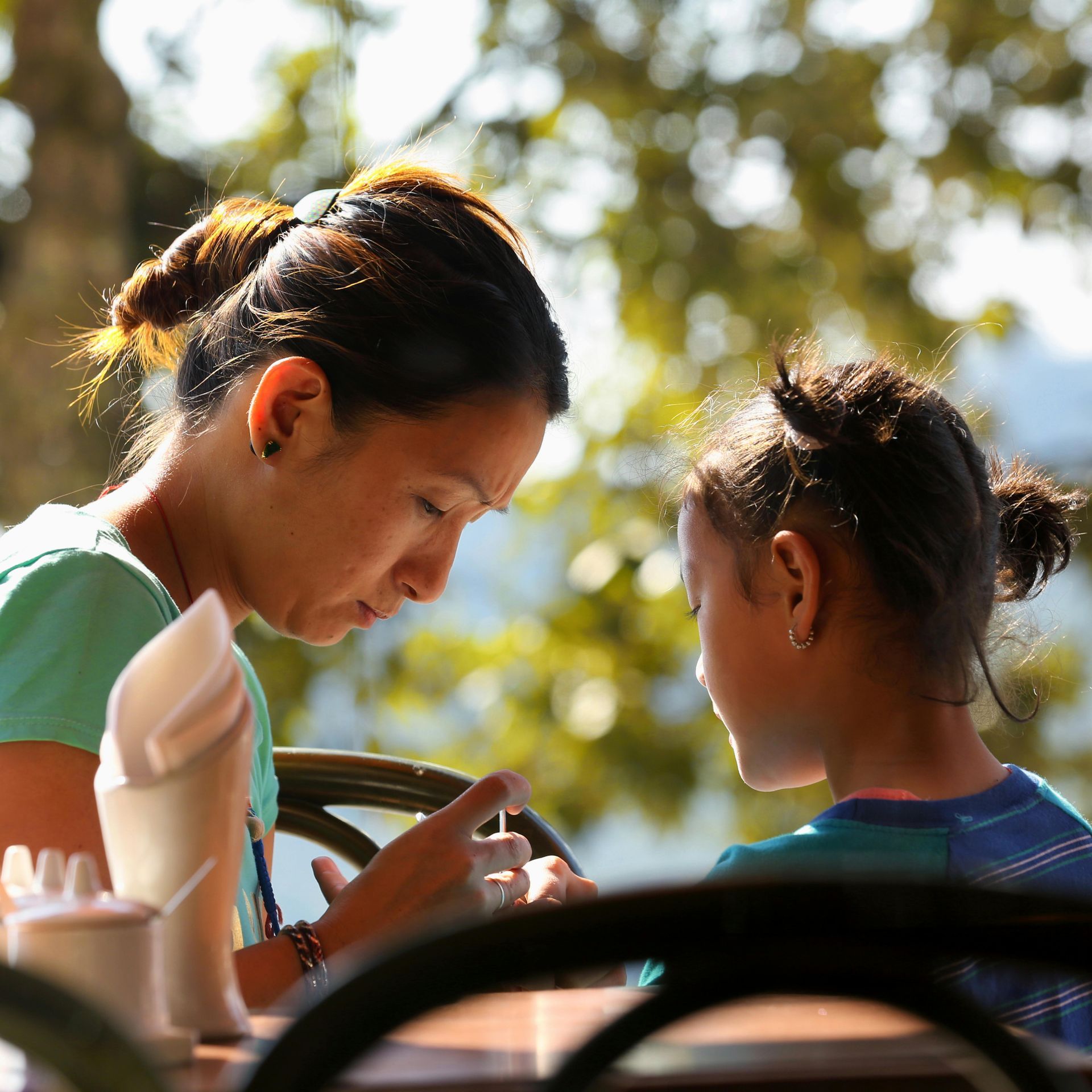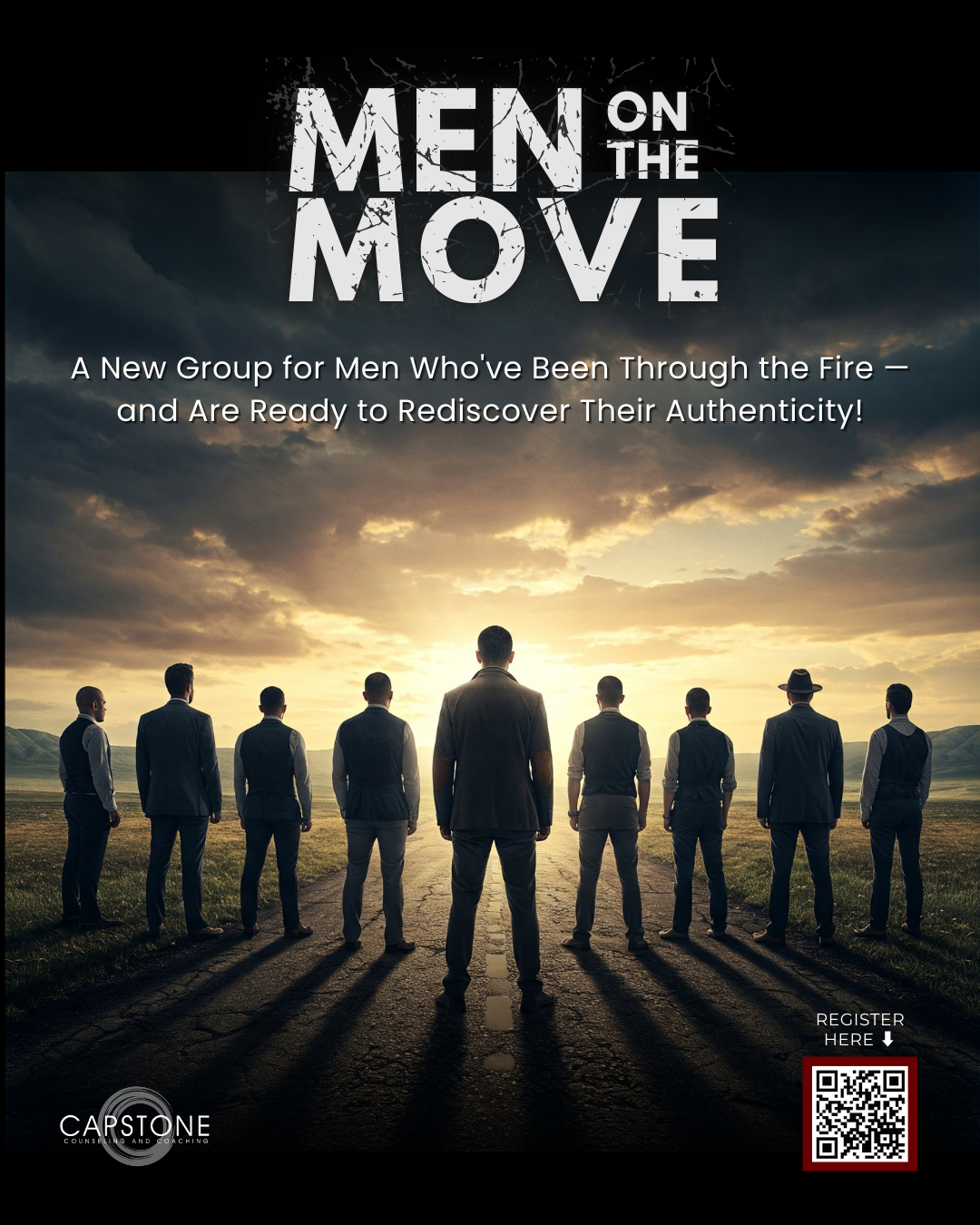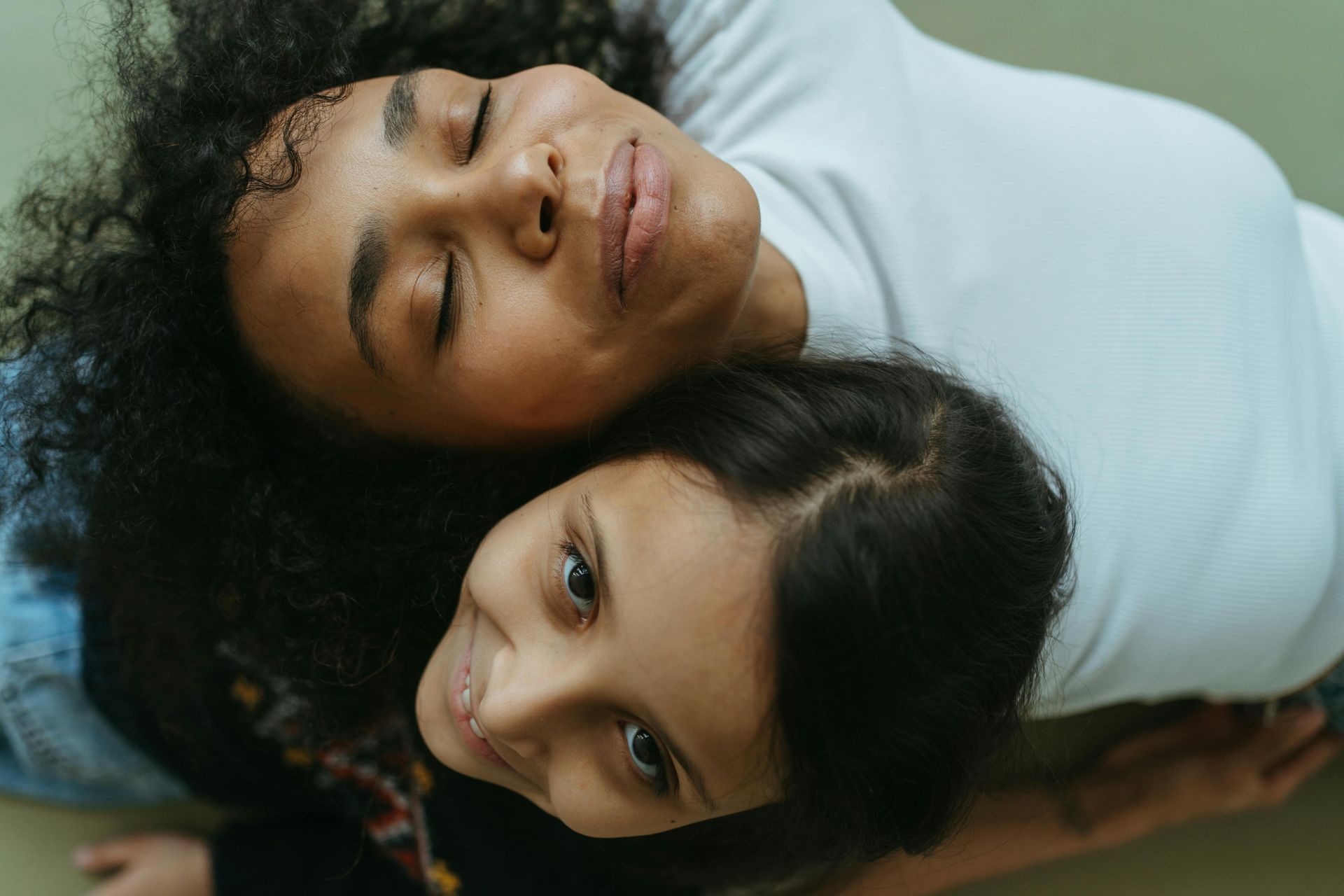Long before the teen years, parents can begin laying groundwork for future independence. Learned helplessness, when people become dependent upon others as a result of being over-helped, is real for people with disabilities. So, when our kids were younger, we focused on preventing this as best we could by inviting them to develop confidence with small things:
- They picked their own clothes.
- They carried in groceries from the car.
- They stacked firewood and shoveled snow (we lived up north).
- They gradually increased participation in laundry, cooking, and pet care.
I learned the importance of being mindful about how I made requests, especially with my child who has PDA (Pathological Demand Avoidance) traits. Saying “I notice the trash needs to be taken out” rather than commanding “Take out the trash” made a world of difference in their willingness to participate and the emotional climate in the home.
Above all else—no yelling. I tried to model self-regulation by being the “boss of myself ” as best I could. People with autism and ADHD have both a blessing and a curse of being very perceptive and sensitive to their environments. When I prioritize my own sleep, nutrition, movement, and fun, everything runs more smoothly in our home. This foundation of respect and autonomy in the early years set the stage for navigating the greater independence challenges of adolescence.


